Emergency Assistance for Non-Public Schools (EANS) Services
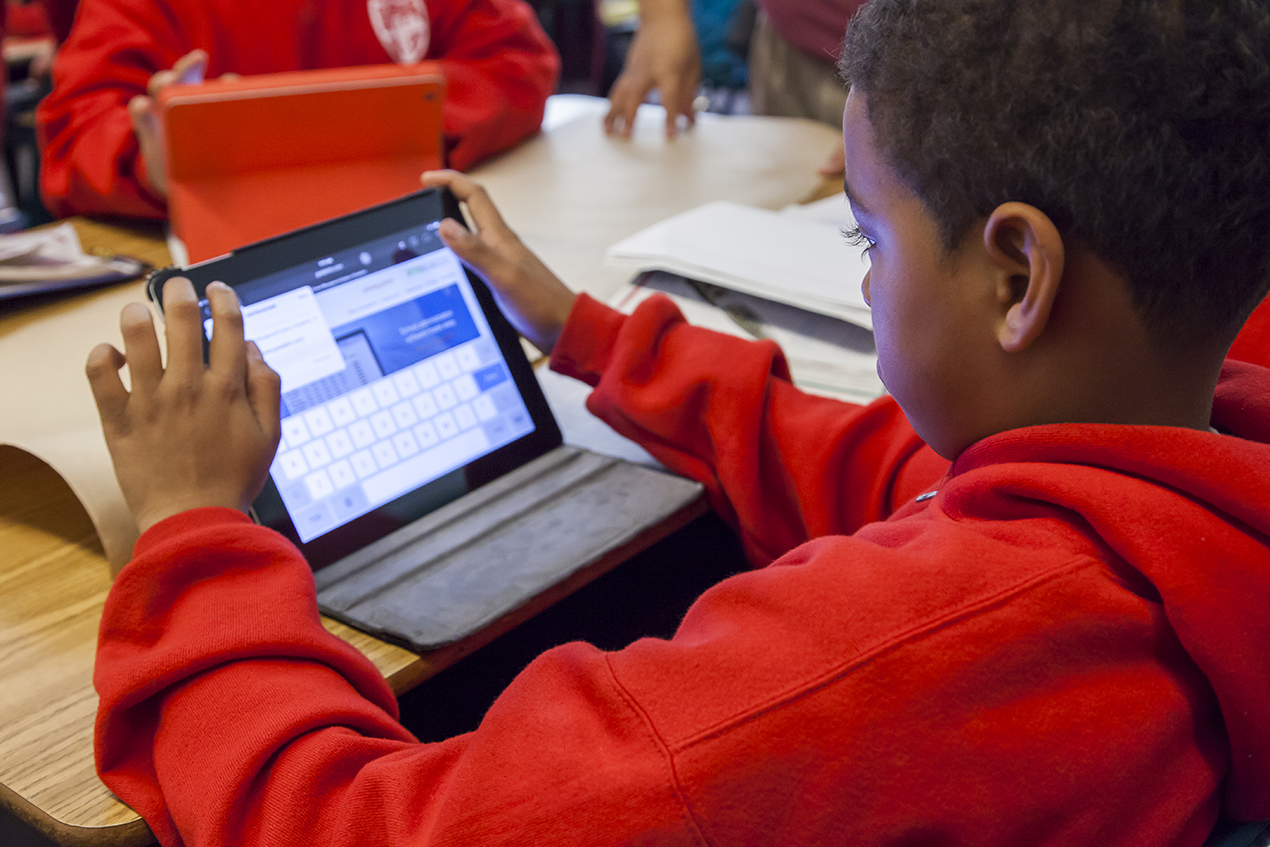
The federal government opened applications for the $2.75 billion Emergency Assistance for Non-Public Schools (EANS) program passed by Congress in spring 2021. This program offers funding to eligible non-public schools (NPS) for services and assistance to address the impact that COVID-19 has had and continues to have on students and teachers.
Scroll down to get details about eligibility and application deadlines, and to review information about our workshops and services whose costs can be covered by EANS funding.
Learn More
All of our workshops are 2.5 hours in length and are delivered virtually. We are also offering coaching services to teachers and school leaders. Click the link below to view a virtual information session about our EANS services, hosted by LMU’s iDEAL Institute and Center for Catholic Education.
Areas of Funding
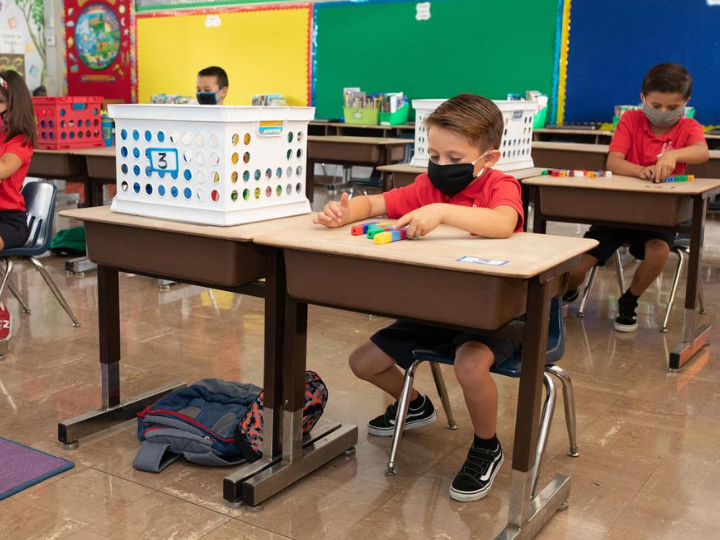
As per the U.S. Department of Education, the following four areas fall within eligibility guidelines for the EANS program:
- Educational technology to support remote or hybrid learning
- Providing safe and healthy learning environments
- Modifying or implementing instruction and curriculum
- Education and support services (e.g. counseling, social-emotional learning, supplemental tutoring, summer school programs)
Key Details
Timing and Deadlines
- Applications open on Monday, April 12, 2021
- Applications close on Monday, April 26 at 5pm PT
- Expenditures must be made within a two-year time period
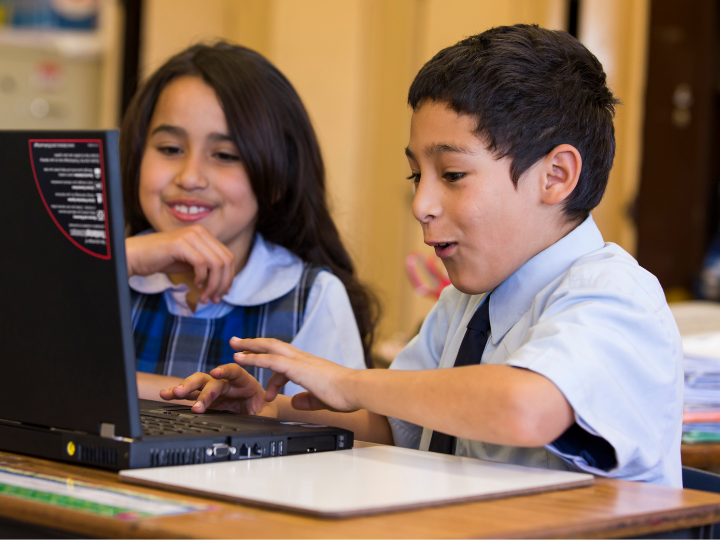
Eligibility
Schools eligible for EANS funding are elementary and secondary non-public schools (NPS) that:
- Are accredited, licensed, or otherwise operates in accordance with State law
- Were in existence prior to March 13, 2020, the date the President declared a national emergency due to Covid-19
- Did not, and will not, apply for and receive a loan under the Paycheck Protection Program (PPP) on or after December 27, 2020
- Additionally, SEAs may permit organizations with governing authority over a group of NPS (e.g., an Archdiocese) to submit an application on behalf of its member schools. The application must clearly indicate for which schools it applies, and provide supporting data and other information requested on those schools.
Schools cannot receive EANS funds directly. Funds will be distributed to state educational agencies (SEAs), which will pay third-party providers such as LMU for services. Visit the federal EANS website for more details.
Workshops & Services
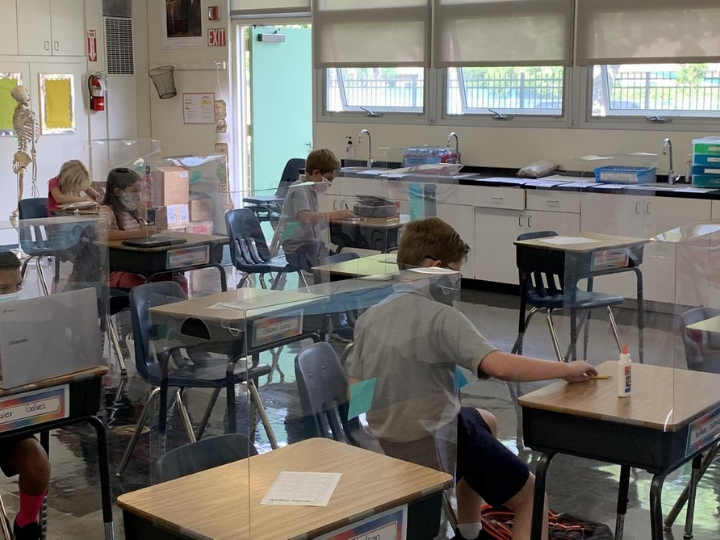
Below are summaries of our EANS-eligible workshops and coaching services. All of our workshops are 2.5 hours in length and are delivered virtually. Coaching sessions are one hour in length and are offered in blocks of 10 hours. Please note that schools must invest in a minimum of four (4) workshops and/or one (1) 10-hour block of coaching to engage LMU as a provider. Our EANS price list has more details.
For more information, contact:
Shannon Tabaldo
Founding Director, LMU iDEAL Institute
shannon.tabaldo@lmu.edu
Technology & Pedagogy
-
Whether creating an in-person blended environment, a hybrid model, or continuing to teach from a distance, foundational elements are necessary to establish in order to ensure success for both you and your students. This workshop is a technology basics course that will look at the differences between synchronous and asynchronous learning. It will establish best practices for setting up one’s learning management system, and discuss student safety and citizenship online.
-
Ask any teacher or educational researcher and they will tell you that relationships are key to student success. However, creating those relationships and maintaining a strong culture for learning during Covid has at times seemed nearly impossible. This workshop is designed to support teachers in establishing best practices for starting the upcoming academic year off right. Teachers will reflect on creating trust in an in-person or online environment and will look at developing clear routines that are student-centered and transferable.
-
With so much uncertainty still surrounding Covid, designing instruction for flexibility will allow teachers to navigate the potentially changing dynamics of the year. In this workshop, teachers will look at best practices for designing lessons and unit plans with flexibility in mind. They will work with others in their grade and subject areas to break down standards, develop skills to properly chunk materials, seek out blended resources, and deliver lessons in the most effective way for their students.
-
Encouraging student interaction, conversation, and collaboration is crucial to 21st-century learning. Doing this while socially distant and online adds additional complications. This workshop will look at various ways that teachers can promote collaboration, discourse, and student-to-student interaction within the classroom, providing tangible ways that teachers can continue to do so in a hybrid and socially distant or online setting.
-
Technology can be a powerful tool for enhancing student learning and for improving teacher instruction. This workshop will walk teachers in grades PK-8 through some of the most effective online tools and resources available today that can be used to engage, extend, and enhance student learning in in-person and online settings.
-
Capturing student interest and engaging them in the subject at hand is a powerful way to promote stronger and deeper long-term learning. During this workshop, teachers will reflect on the importance of engagement, identifying high-leverage blended learning practices that support the success of all learners. They will work with others in their grade/subject areas to explore the impact of EduProtocols, student ownership, and choice on student engagement regardless of context.
-
Properly conducted assessments and data can help teachers effectively differentiate and drive instruction to help students achieve success. This workshop will reflect on the importance of assessments, data, and differentiation. Teachers will explore various online forms of authentic assessment, track student progress against standards, and reflect on how to meaningfully use the data to differentiate instruction in an in-person or online blended environment.
-
Research shows that the most effective instruction is rigorous, equitable, and targeted toward preparing all students for the future through deeper learning experiences. This workshop will look at deeper learning, its place within various blended learning environments, and its impact on student achievement. We will explore how to create and administer performance tasks and their resulting ability to promote the 4 C’s of communication, collaboration, creativity, and critical thinking within students.
Meeting the Needs of All Learners
-
When teachers plan lessons through the lens of Universal Design for Learning (UDL), they are ensuring that all learning modalities are met. Grounded in scientific research, UDL is a framework for learning that looks at the learning environment as an opportunity to ensure student success. This workshop will support teachers in understanding this framework and offer opportunities to practice the planning.
-
This workshop will explore the technology tools available to teachers that support learning for all students. From web-based tools to iPad apps, students can customize their learning experiences to best support their learning. Teachers will also be exposed to assistive technology hardware and software that support diverse learners, and that assist teachers in differentiating instruction among students.
Equity & Social-Emotional Learning
-
In a series of four workshops, learners will explore the knowledge, skills, and dispositions needed to support students in their practice of social and emotional learning. The workshops will present assessment tools and instructional strategies that can be used to gather information on the health and wellness of adults and students, especially in light of the collective trauma of the pandemic and our nation’s grappling with racial justice.
Based on CASEL’s core competencies, the workshops will address:
- the connection between SEL and overall student achievement
- the roadmap for selecting an SEL program
- the integration of SEL practices into school culture
- strategies and structures for supporting adult SEL practices
-
This workshop will train teachers, staff, parents, and students on how to implement equity surveys at K-12 schools to assess their current culture and to plan for changes that will boost equity.
-
This workshop for principals and teachers will offer time for reflection and mindful communion with like-minded peers to allow space for acknowledging the difficult emotional, mental, and physical realities all have faced throughout the COVID-19 disruptions. We invite you to make time for yourself to release stress and anxiety and to be attuned to the resiliency within.
Coaching Services
-
We offer 10-hour coaching blocks for teacher supports related to any of our workshops, or other agreed-upon topics within the scope of work. The sessions can be booked for up to 10 different teachers or for individual teachers.
-
We offer 10-hour blocks of coaching for topics including (but not limited to) leadership in transition, supporting SEL in schools, supporting diverse learners, supporting technology initiatives, and more.
Additional Resources
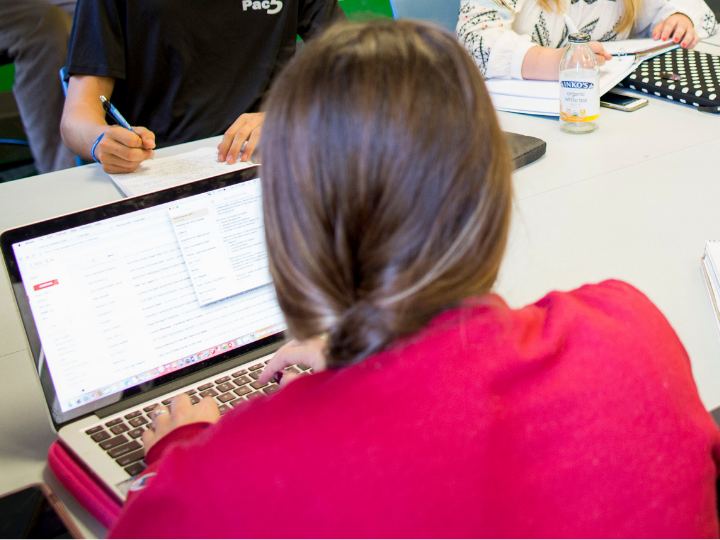
- U.S. Department of Education EANS website
- U.S. Department of Education EANS FAQ page
- Sample EANS application
- State of California EANS website
- State of California EANS FAQ page
- National Catholic Education Association (NCEA) Partner Guide: Maximizing EANS Funding
- LMU iDEAL Institute
- LMU Center for Catholic Education